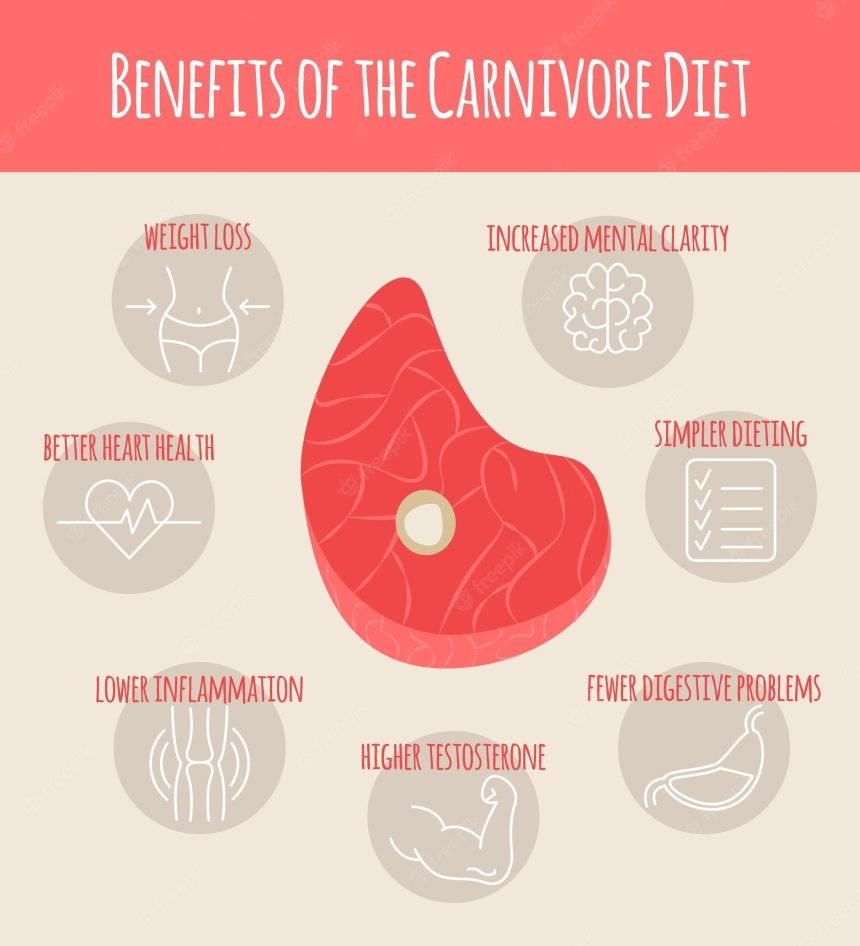Introduction
The carnivore diet is gaining popularity for its unique approach to nutrition, focusing primarily on animal-based foods while excluding plant-based sources entirely. This diet aims to mimic the eating patterns of our ancient ancestors, emphasizing meat, fish, and animal products. However, a common question that arises is whether alcohol can fit into this dietary regimen. In this article, we will explore the compatibility of alcohol with the carnivore diet, its effects on health, and some practical tips for those who choose to indulge.

Understanding the Carnivore Diet
Before we dive into the specifics of alcohol consumption, it’s crucial to understand the fundamentals of the carnivore diet:
- Meat and Animal Products: The primary components of the carnivore diet include beef, pork, poultry, fish, eggs, and dairy products like butter and cheese.
- Exclusion of Plants: The carnivore diet strictly excludes all plant-based foods, including fruits, vegetables, grains, legumes, and nuts.
- Benefits and Controversies: Advocates claim that the diet can lead to weight loss, improved mental clarity, and better digestion, while critics argue that it lacks essential nutrients found in plant foods and may increase the risk of certain health problems.
Alcohol and the Carnivore Diet
Now, let’s address the main question: can you consume alcohol while following the carnivore diet?
- Alcohol’s Carbohydrate Content: Most alcoholic beverages contain carbohydrates, and some also have sugars. Since the carnivore diet eliminates all carbs, this can be a point of concern.
- Impact on Ketosis: The carnivore diet is often associated with ketosis, a metabolic state where the body burns fat for fuel instead of carbohydrates. Consuming alcohol can disrupt ketosis because the body prioritizes metabolizing alcohol before fat.
- Alcohol and Liver Health: The liver plays a crucial role in metabolizing both alcohol and fats. Excessive alcohol consumption can strain the liver and hinder its ability to process dietary fats efficiently.
Moderation is Key
If you choose to include alcohol in your carnivore diet, moderation is essential. Here are some considerations:
- Low-Carb Alcohol Options: Stick to low-carb alcoholic beverages like dry wine, spirits, or certain types of beer. Be cautious of cocktails and mixed drinks with high sugar content.
- Alcohol’s Impact on Hunger: Alcohol can increase appetite in some individuals. Be mindful of overeating while drinking, as this can easily lead to consuming excess calories and potentially breaking the diet.
- Hydration: Alcohol can dehydrate the body. Ensure you drink plenty of water to stay properly hydrated.
- Know Your Tolerance: On a carnivore diet, your tolerance for alcohol might change. Start with smaller amounts to gauge your body’s reaction.
Potential Risks and Health Considerations
- Nutrient Absorption: Alcohol can hinder the absorption of essential nutrients like vitamins and minerals. Since the carnivore diet already has limited food variety, this can exacerbate nutrient deficiencies.
- Liver Health: Chronic alcohol consumption can harm the liver over time, potentially leading to liver disease. If you have any liver issues or concerns, it’s best to avoid alcohol entirely.
- Interaction with Medications: If you’re taking medications, be aware of potential interactions with alcohol. Consult with a healthcare professional if you’re unsure.
Conclusion
While it is possible to consume alcohol on the carnivore diet, it should be done with caution and in moderation. The diet itself is restrictive, and adding alcohol can further complicate its nutritional balance. If you choose to include alcohol, opt for low-carb options and be mindful of its potential effects on ketosis and overall health. Ultimately, it’s crucial to listen to your body and make informed decisions that align with your health and dietary goals. If you have any doubts or health concerns, consult with a healthcare professional before incorporating alcohol into your carnivore diet.







